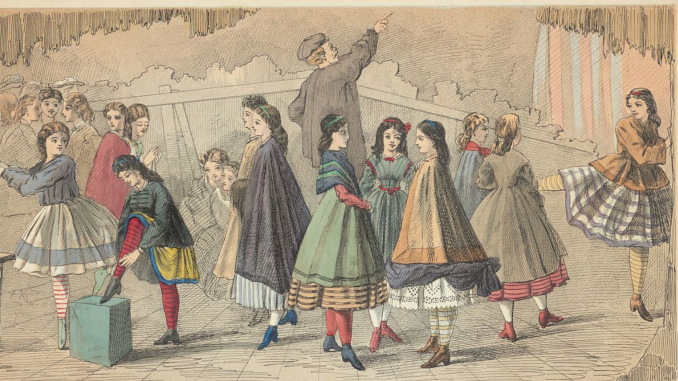
As far as historians can tell, Boxing Day originated in medieval times. Various traditions and folklore differ on how the holiday actually began, and none can be reliably verified. Likewise, there are several theories regarding the origin of the name ‘Boxing’ which do not altogether agree. In the interest of time and print space, therefore, the number of traditions, folklore, and theories, presented will be (mercifully) limited.
Boxing Day is observed on December 26, which is St. Stephen’s Day, also known as the Feast of St. Stephen. Reference to “the feast of Stephen” is made at the very beginning of the Christmas carol Good King Wenceslas.
Englishman John Mason Neale wrote the lyrics for the carol in 1853. It is in the style of a hymn with the music borrowed from a Finnish carol called Tempus Adest Floridum, which was published in 1582 but believed to date from the thirteenth century.
As the carol describes, Duke Wenceslas (911-935 AD) saw a poor man gathering firewood “on the feast of Stephen” and resolved to give him gifts including meat, wine, and wood with which to build a fire. Wenceslas was later murdered by his jealous brother, and because of his popularity, became a martyr. Charity, as exemplified by the late Duke, became an annual tradition.
[Side bar: If you’re wondering about the different royal titles, Wenceslas was posthumously elevated from Duke to King by Holy Roman Emperor Otto I. Naturally he is referred to as a King in the song.]
Thus was born a medieval tradition in Europe and England where members of the upper classes gave gifts to members of the lower classes on the Feast of St. Stephen. Typically the recipients would be servants and serfs rather than impoverished strangers.
It’s interesting that the gift giving was one way. For example, in British social class hierarchy, it was acceptable for social equals to exchange gifts on Christmas and in the days beforehand. However, on Boxing Day, the lower classes never gave gifts to the upper classes, as this would imply an equality between the lower class giver and upper class reciever.
Thus Boxing Day became more than just charity. It came to help define the differences between the social classes. It’s worth noting that Boxing Day became popular in the UK and much of the commonwealth, especially Australia, Canada, and New Zealand. However, it never became popular in the United States, because America was meant to be a classless, free, and equal society.
In more recent times, anyone who provided a service during the year, such as paperboys, mail carriers, and other service providers would be recipients of tips and small gifts. Today, Boxing Day is known as a day for charity drives.
Question of the night: What’s your favorite charity?
